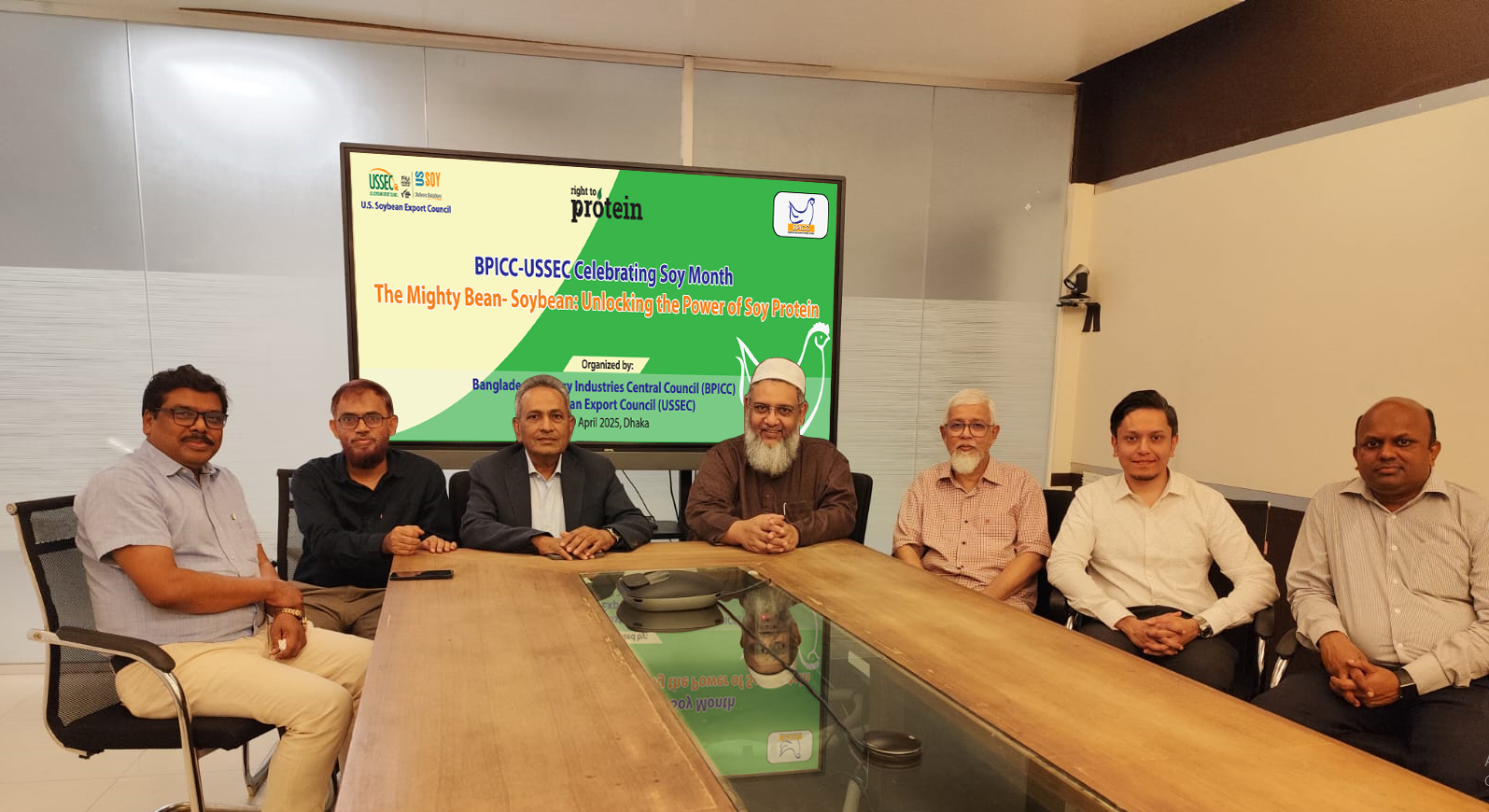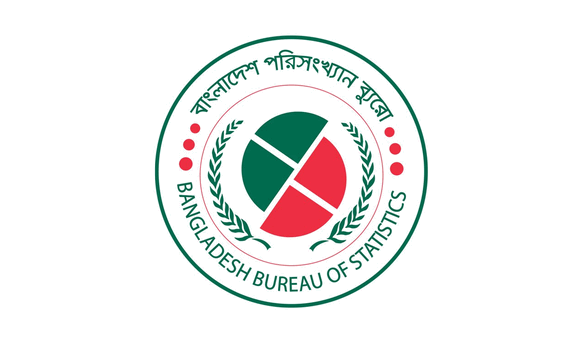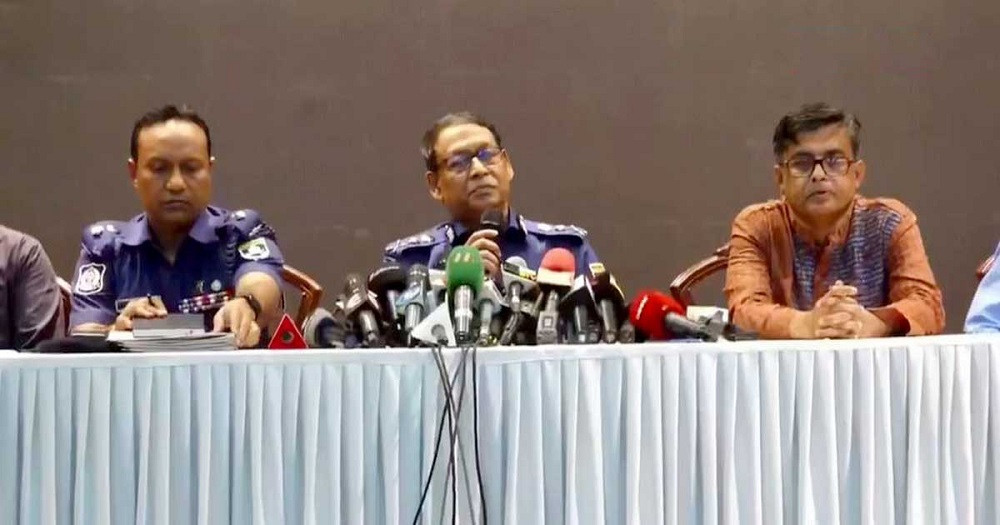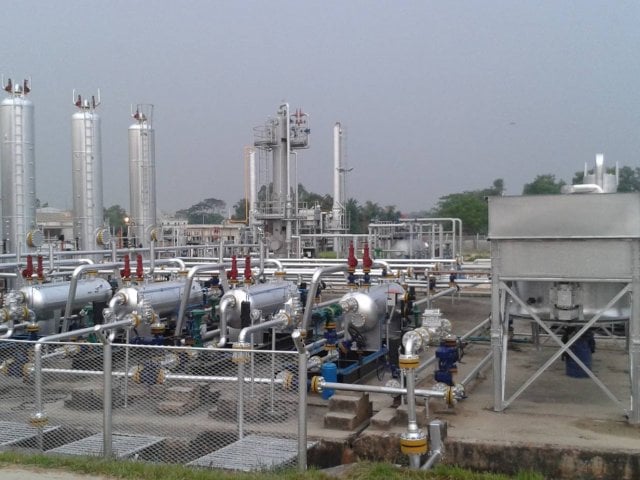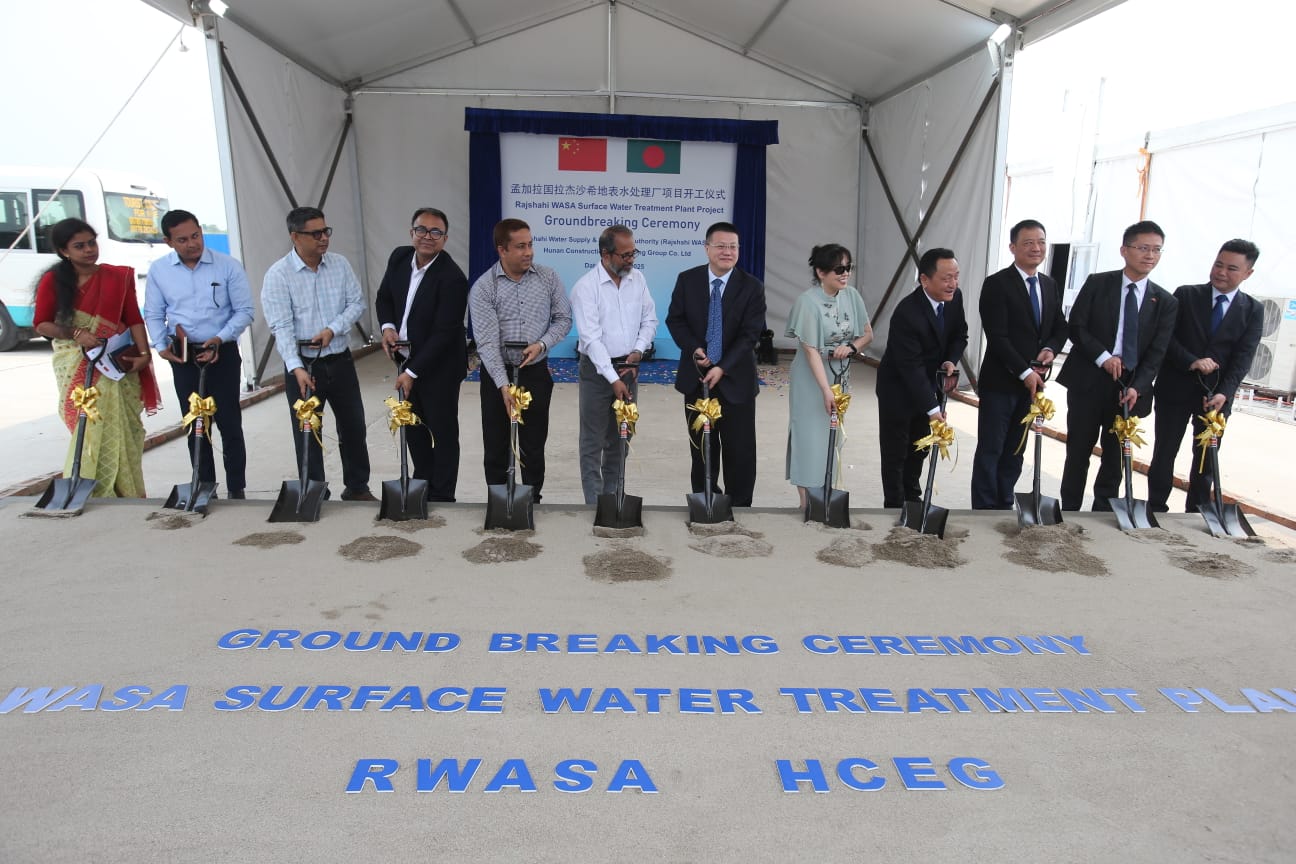
The government is set to borrow $350 million (around Tk 4,270 crore) to purchase Liquefied Natural Gas (LNG) for the fiscal year 2025-26, with support from the World Bank. This move aims to ease the growing energy crisis as the country grapples with a severe foreign currency shortage.
Sources from the Ministry of Energy and Mineral Resources and the Bangladesh Oil, Gas, and Mineral Corporation (Petrobangla) confirmed that the World Bank will guarantee the loan. The government will soon issue a notice to attract bids from banks willing to provide the necessary financial support.
The country’s domestic gas production has been on a steady decline, creating a growing reliance on LNG imports. However, the foreign currency crisis has made it increasingly difficult to settle payments for these imports. Outstanding debts, including over $150 million owed to Chevron, have added further pressure on the government’s ability to procure LNG. Petrobangla officials believe the loan will help ease this financial strain.
Bangladesh once produced up to 2,700 million cubic feet (MMcf) of gas per day, but production has fallen to below 1,900 MMcf daily since 2018. To fill this gap, LNG imports have surged, now supplying approximately 950 MMcf per day to meet demand.
The government has signed long-term contracts with Qatar’s RasGas and Oman Trading International for LNG imports, with the first shipments arriving in 2018 and 2019, respectively. From 2018 to 2024, Bangladesh spent around Tk 166,000 crore on LNG imports, placing significant strain on the energy sector. Additionally, the government has utilized short-term loans from the International Islamic Trade Finance Corporation (ITFC) to fund LNG purchases.
Apart from LNG payments, the government is also struggling with electricity bill payments due to the dollar shortage. With rising LNG demand, the energy sector now requires an additional $500 million over the next four months. The Ministry of Finance has been notified of this need, and loans from multinational banks are being pursued to cover outstanding payments.
The $350 million loan will be divided into three parts: $200 million for long-term LNG contract purchases, $50 million for spot market LNG procurement, and $100 million to settle overdue payments. The World Bank will provide guarantees for the loan, while multinational banks will charge interest.
Officials of Secretary of the Ministry of Energy and Mineral Resources, noted that outstanding payments have made foreign suppliers reluctant to deliver LNG. They emphasised that the World Bank loan is crucial to ensuring a steady LNG supply and meeting domestic needs. The government is also in talks with companies such as Brunei and Saudi Aramco to negotiate better long-term contracts and lower costs.
Experts have raised concerns about Bangladesh’s increasing reliance on LNG imports instead of boosting domestic gas production. They warn that borrowing to settle existing bills provides only a temporary fix and may lead to further financial instability. Analysts stress the need for a long-term strategy to enhance domestic gas production and ensure energy security.
As Bangladesh struggles with energy shortages, its challenges reflect broader issues faced by developing nations dealing with rising energy costs and foreign currency instability.





